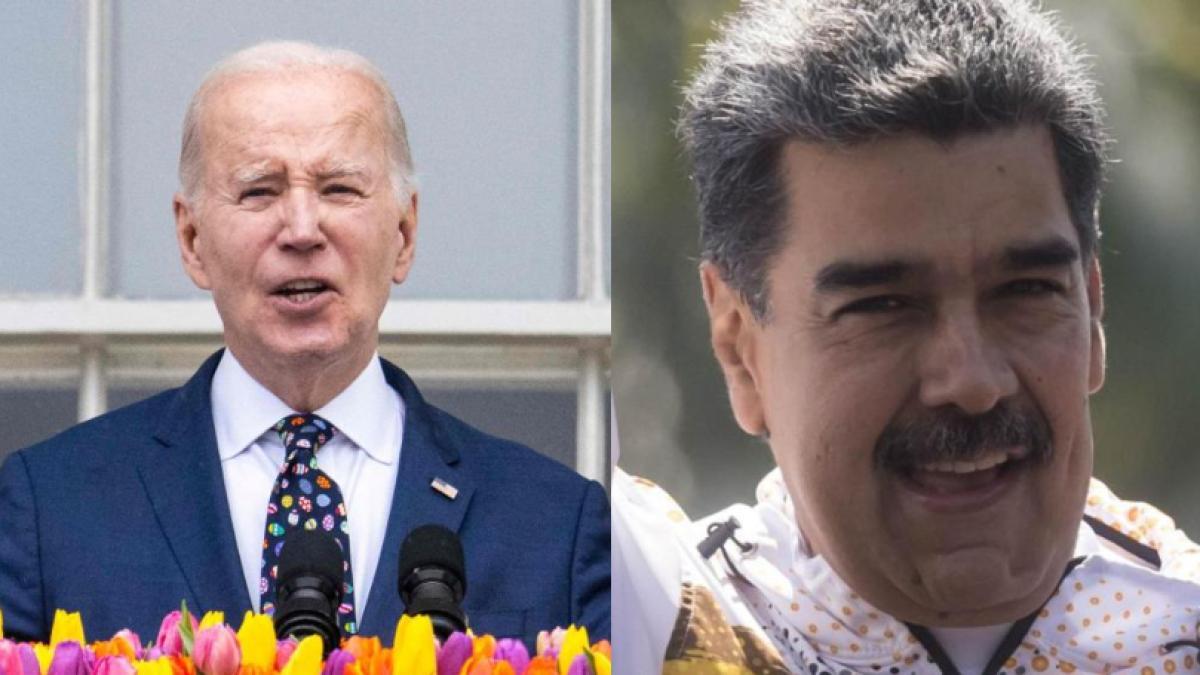The attack took place in the village of Khader Jija and its surroundings in Makhmour district, near Erbil, and the terrorist organization ISIS had launched another attack at the beginning of the week on Kurdish forces in northern Iraq, killing 5 peshmerga and wounding 4 others.
Commenting on the new attack, the Presidencies and Government of the Kurdistan Region of Iraq and the Ministry of Peshmerga called for immediate action to enhance cooperation and coordination between the Peshmerga and Iraqi forces and in cooperation with the international coalition, and to carry out joint operations to curb the escalation of terrorist attacks by the terrorist organization, which has once again become a real threat.
The occurrence of two major ISIS attacks on the Peshmerga in the Koljo areas in Garmian, at the beginning of the week, and on Makhmour near Erbil, on Thursday, sparked official and popular reactions in the Kurdistan region of Iraq, especially since Thursday’s attack targeted a safe village, killing 3 residents, who are brothers, Others were injured.
In this regard, writer and researcher Tariq Jawhar said, in an interview with Sky News Arabia: “It is not a small detail that, in less than a week, approximately 18 Iraqi Kurdish civilians and soldiers have gone, in less than a week, in addition to a similar number of wounded. These intense attacks reveal A fundamental flaw in the mechanisms and nature of confronting this terrorist organization.
He continued, “Where are the aid and military mechanisms that are supposed to be advanced? That are granted by the coalition forces, and are the training received by the Peshmerga forces and the Iraqi forces in general at the hands of the coalition forces, appropriate for the form of confrontation with a terrorist organization that practices hit-and-run tactics through small and mobile terrorist groups and cells ?”
Gohar goes on to ask: “Why do the Peshmerga forces not provide thermal cameras in their advanced positions to monitor the movement of terrorists? Such cameras are available to ISIS elements, and many other observations lead us to reconsider the plans and methods of confronting the ISIS threat.”
For his part, an Iraqi Kurdish security source, who preferred not to be named, said, in an interview with Sky News Arabia: “ISIS is taking advantage of the looseness and fragility of the security situation in the Kurdish regions outside the region, as well as exploiting the national and clan interference in those regions, up to the Iraqi-Syrian borders, and working to Exploiting this by providing him with a foothold in some of them.”
He added: “The heartbreak and the call for coordination between Baghdad and Erbil, after every terrorist attack, is not enough. We are in front of an imminent and serious danger, and there are victims from our forces and our innocent civilians. Entire cities and villages are under ISIS fire, along hundreds of kilometers from Nineveh to Diyala, and on The length of the lines of contact between the regional government and the Iraqi government.
Although the Iraqi authorities announced the defeat of ISIS at the end of 2017, after controlling a third of the country’s area since 2014, the pace of terrorist operations by the remnants of ISIS and its sleeper cells has increased significantly and remarkably, during the past few months in various parts of Iraq.
.







